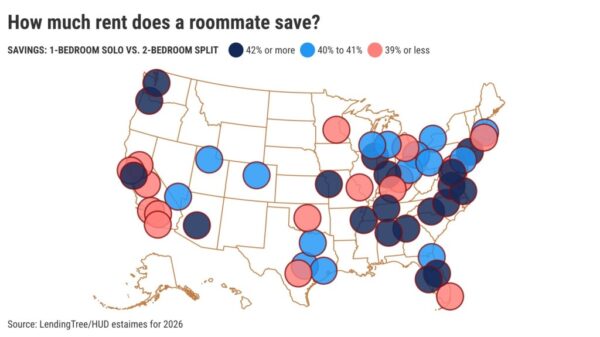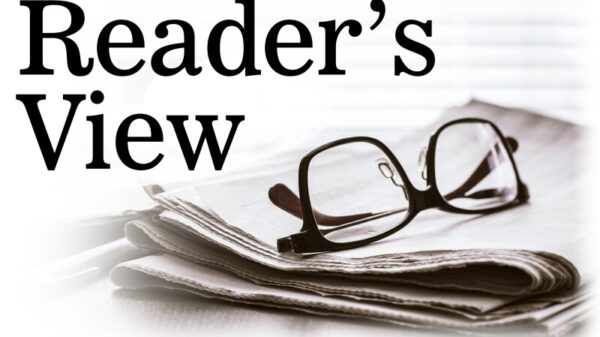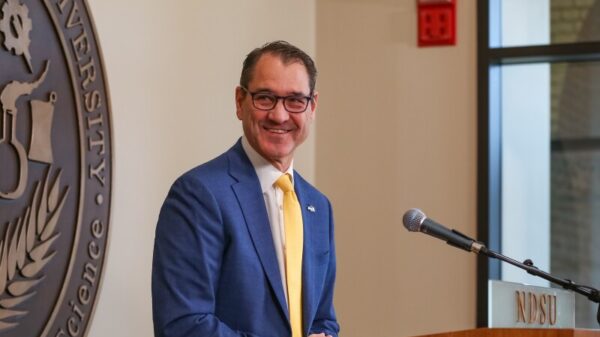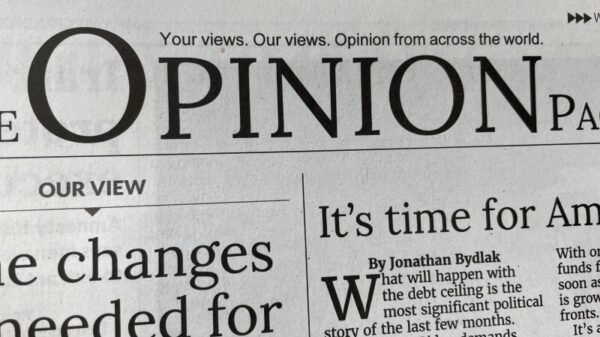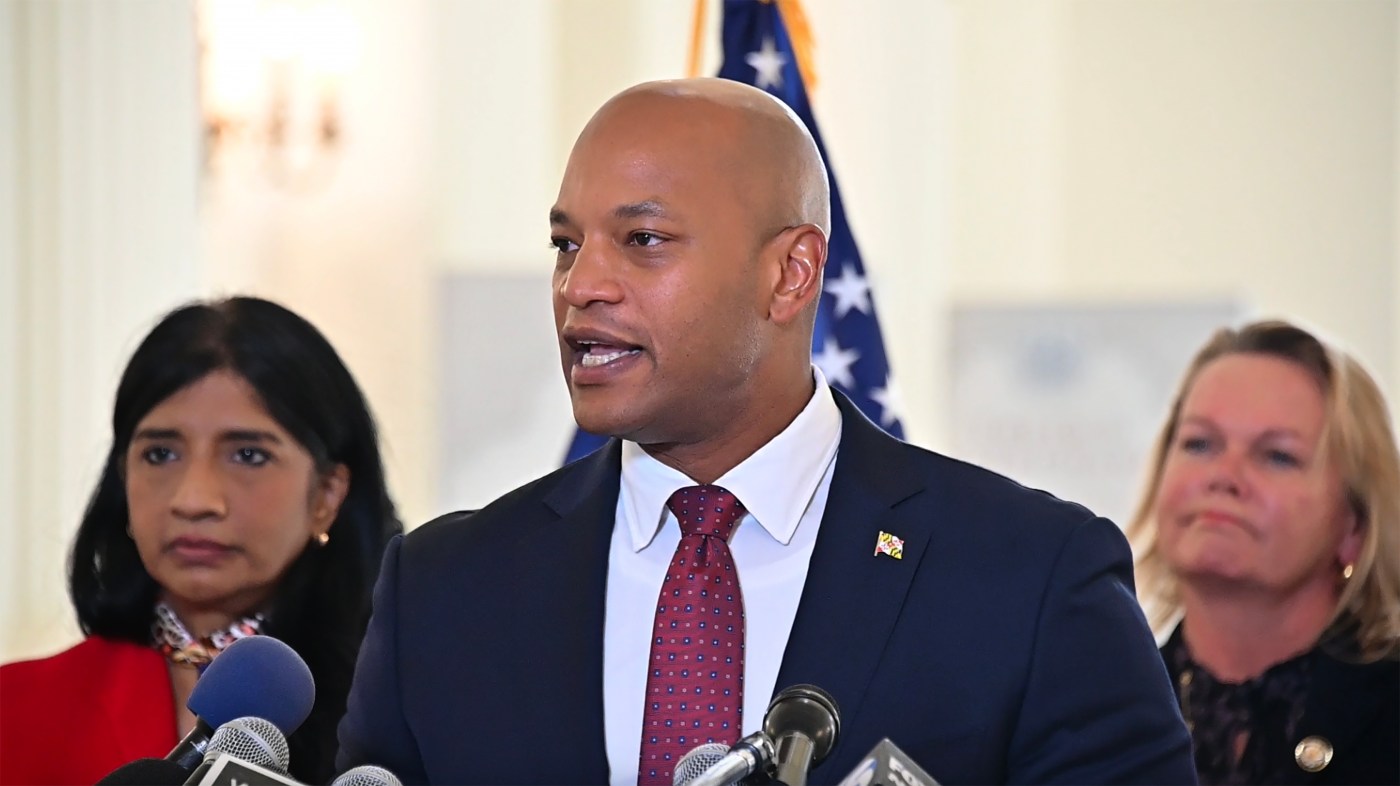UPDATE: Maryland Governor Wes Moore is facing increasing scrutiny as his approval ratings decline just one month into the new fiscal year. A recent poll reveals that while many Marylanders approve of his leadership, they struggle to identify his significant achievements, raising concerns about his effectiveness.
Critics point to the 3.6% unemployment rate, which has risen from 2.3% when he took office in January 2023. This places Maryland’s unemployment ranking at 15th in the nation, countering Moore’s claims of transformative job growth.
Moreover, Maryland’s economic struggles are highlighted by a 4.9% decline in real median annual household income since 2022, compared to a 7.6% increase in Virginia. The cost of living in Maryland ranks seventh-highest in the U.S., with housing costs soaring 26% above the national average. This has resulted in a drop in home ownership from 71.8% to 68.5% over the same period.
While Moore touts improved public safety, data from the CSG Justice Center indicates a mere 0.7% decline in Maryland’s violent crime rate, far below the national average of 7.5%. The homicide rate has seen a 30% reduction, but this is consistent with national trends.
The governor’s administration has notably increased the state workforce by 16.7% since January 2023, a move seen as unsustainable amid rising tax collections of only 6.7%. To address a $1.6 billion budget shortfall, Moore recently implemented significant tax increases and employee buyouts.
Amid these challenges, Maryland ranks 35th in state business climates and 44th in economic freedom, according to recent surveys. With his party holding 72% of legislative seats, Moore faces obstacles to enacting necessary reforms.
What’s next? Observers are calling for a course correction in Moore’s policies as he seeks to regain the confidence of his constituents and steer the state towards a more favorable economic future.
Stephen J.K. Walters, Chief Economist at the Maryland Public Policy Institute, emphasizes the urgency for Moore to leverage his rhetorical skills to advocate for more effective policies that resonate with Maryland’s pressing realities. As the situation unfolds, it remains critical to monitor how Moore addresses these growing concerns and the impact on the state’s future.
Stay tuned for more updates on this developing story.













